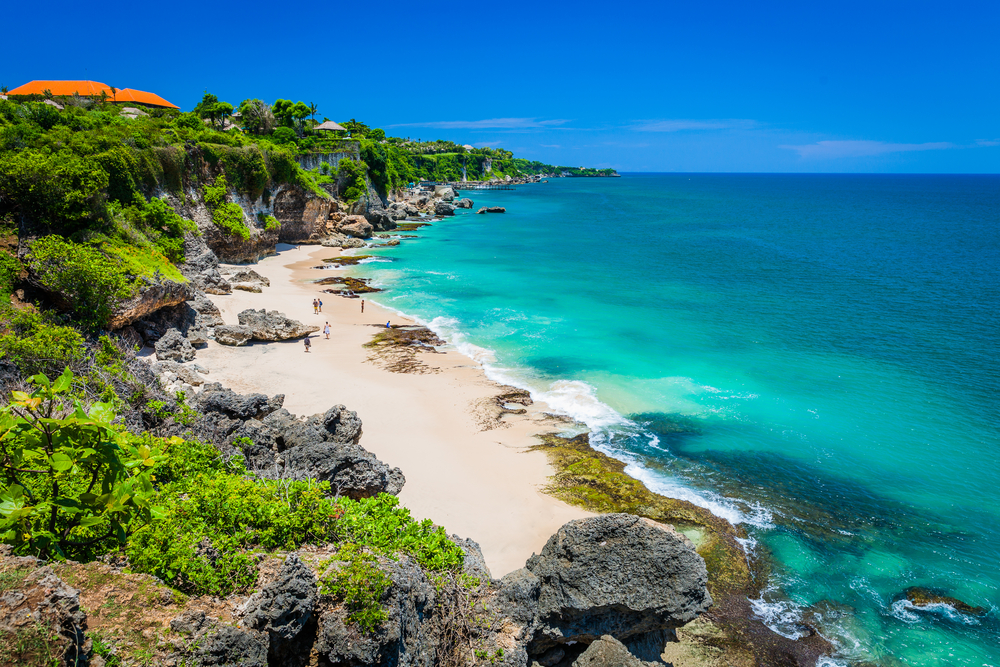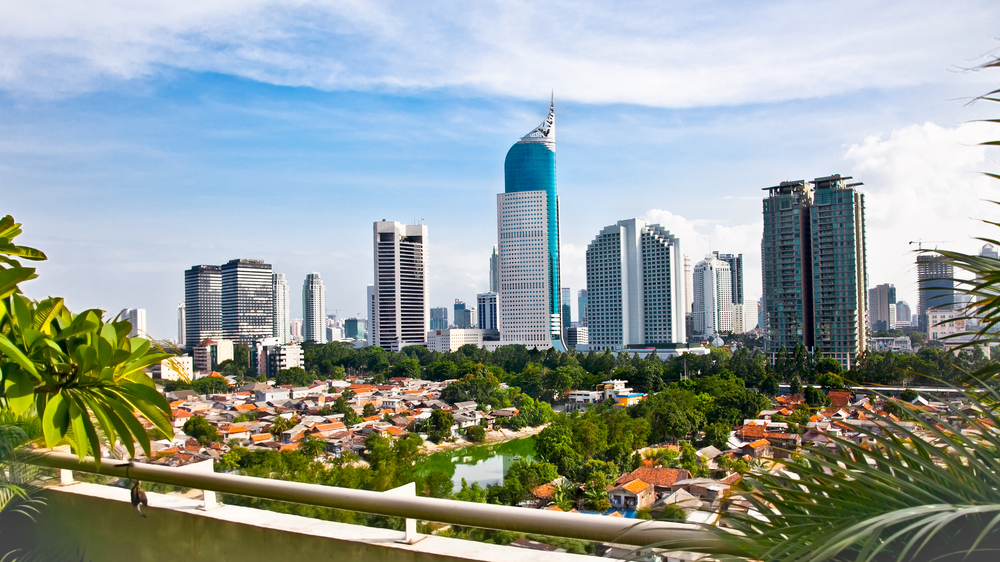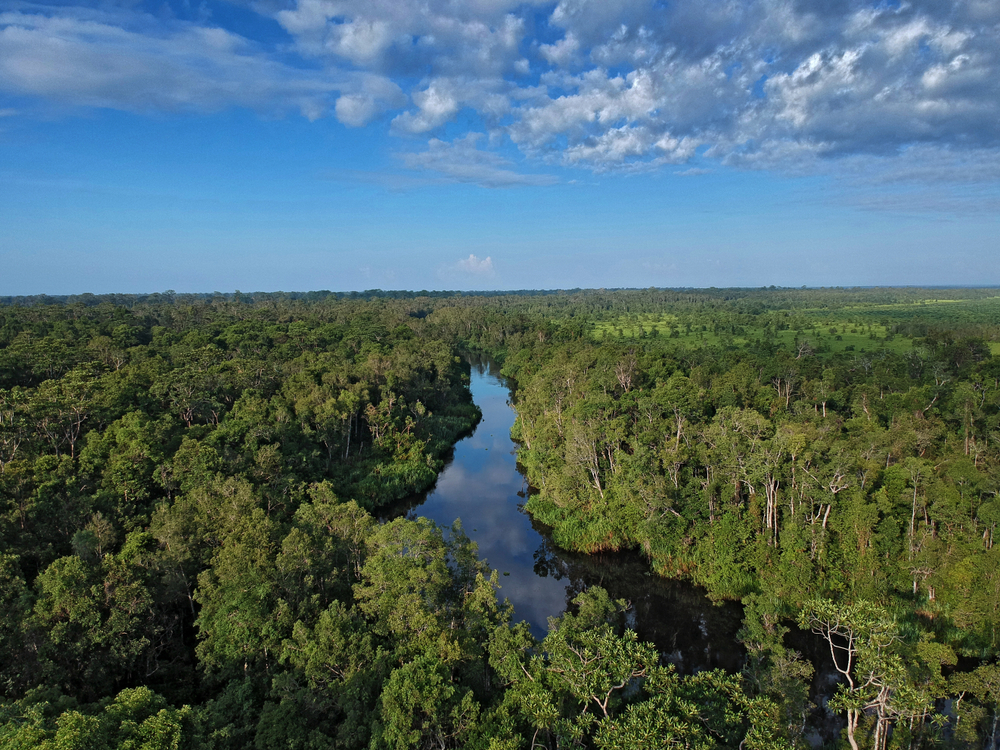Bright future awaits Indonesia as economy rebounds and consumer sentiment improves
Indonesia’s real estate market remains moribund following the pandemic and years of stagnation before it. But strong housing demand and bright economic tidings offer grounds for optimism

The last two pandemic-hit years have given time a bendable, amorphous shape.
Indeed, it’s hard to believe that there was ever a juncture when Indonesia’s property market was among the hottest in the world. The Covid-19 era has certainly kicked any chance of an imminent strong rebound into the metaphorical long grass.
The doors have barely opened for the past two years at sales showrooms in Jakarta. Sales weren’t exactly brisk before the pandemic hit, but they fell off a cliff in 2020.
“Demand for housing dropped about 80 percent since Covid,” says Ferry Salanto, head of research at Colliers Indonesia.
The pandemic accelerated a trend that had been well established following the tailing off of the industry’s boom years as one of the world’s liveliest property markets at the turn of the decade.
Indonesia made a startling comeback after the Asian financial crisis of the late 1990s and saw its real estate market boom. The surge was driven by robust demand for commodities like coal and a resurgence of trust in its banking system.
Prices went parabolic as the boom reached its peak in the 2012-2014 period. Units that were going for a song some five years earlier like a three-bedroom apartment in the high-end Regatta complex in Jakarta then tripled to around IDR8billion (around USD550,000).

“The Jakarta real estate market has been one of the strongest in the world,” David Cheadle, managing director of the Indonesia office of Cushman & Wakefield, told the FT in 2014.
But demand and prices dropped as the economy cooled and the industry began a period of consolidation leading to a string of sluggish years.
Shortly before the pandemic hit, residential prices in the country’s 14 largest cities fell by 1.98 percent during the year to the third quarter of 2019 as the Indonesian economy continued to labour.
In 2020, economic growth contracted for the entire year for the first time since the Asian financial crisis as the country grappled with soaring case numbers of Covid-19.
As a result, residential property sales fell by 11.6 percent in Q4 2021 from a year earlier, following declines of 15.2 percent in Q3 and 10 percent in Q2, according to Bank Indonesia.
Among the hardest-hit sectors has been residential high-rise. According to JLL, the demand for units at the start of 2022—though slightly better than in the previous quarter—remained weak, with sales below 300.

“Middle to lower-grade demand remained sustainable due to support from a larger customer base and more affordable units, compared to the upper-grade market where sales activity remained slow,” stated a recent report.
“Developers continued to target potential new customers with different strategies, combining online and offline marketing approaches, offering greater flexibility and extending various promotions, such as attractive payment terms and other gimmicks to boost sales at year-end.”
In Jakarta, which remains the most active property market, no new projects were launched in the fourth quarter of last year. In Bali, a popular destination for foreign buyers especially, prices have reportedly come down by half since the pandemic. Bargains are especially prevalent in popular tourist areas like Jimbaran and Nusa Dua, where prices are at 2017 levels, according to estate agents.
More: 6 reasons why Bogor, Indonesia is an up-and-coming address
The picture looks to be a bleak one, but analysts believe there are reasons for optimism.
A positive development has been a sharp rise in exports. According to official data, Indonesia’s exports rose to a new all-time high in March as Russia’s invasion of Ukraine triggered a surge in global commodity prices and expanded the nation’s shipments of steel, coal and palm oil.
According to a recent Bloomberg survey, the year-on-year rise in exports of 44.36 percent to USD26.5 billion in March beat all analyst forecasts.

“The impact on our trade will depend on how long the Russia-Ukraine conflict will last,” says Margo Yuwono, head of Indonesia’s statistics office.
Imam Wiratmadja, head of consumer acquisition at Rumah.com, a local property site, told Property Report that signs of recovery have started to emerge. The Q1 2022 Price Index reports a slow trend upwards. But it’s still slightly higher than that of Q1 2020.
“The supply index slowed, but we see this as an anticipation to Hari Raya, in which traditionally people will focus on celebration and holiday for a week or two in their hometown with their families,” adds Wiratmadja, referring to the national holiday which was held at the start of May.
More: New Indonesian capital ‘Nusantara’ unveils opportunities for property investors
Ferry Salanto at Colliers said the improving economic signs allied to the country’s emergence from the pandemic bodes well for a country with a massive population that still needs housing.
“The need for housing in Indonesia is still huge, and this creates an opportunity for property in Indonesia compared to the commercial asset classes,” he says.

“The backlog is around 10 million. That shows you the scale of demand in Indonesia where we have a population of 300 million. The distribution of housing is mainly around the cities around Jakarta.”
Whether the growth in commodity exports could see a return of the boom years of a decade ago soon is a moot point. Analysts believe it’s unlikely.
“The housing market is in a trough, or at 6 o’clock,” adds Saltano.
“But we might get to 7 o’clock in the next year. It’s not much, but it’s progress.”
The original version of this article appeared in Issue No. 172 of PropertyGuru Property Report Magazine. Write to our editors at [email protected].
Recommended
Why everyone is moving to Selangor and Johor: Malaysia’s real estate comeback
Malaysia’s upturn in fortunes is especially prevalent in secondary destinations such as Selangor and Johor
Penang’s silicon boom: How the US-China tech war is supercharging local real estate
Penang’s booming semiconductor industry has created ripples within the local real estate sector
New leader, new opportunities: How Hun Manet is shaking up Cambodia’s real estate game
Hun Manet is overseeing decent economic growth and widening access to the country’s real estate market for foreigners
Singapore embraces inclusive housing reforms amid resilient demand
The Lion City’s regulatory strength continues to exert appeal for international investors








